
Prof. Seiji Hashimoto,
Gunma University, Japan
Speech title: AI-Powered Prediction of Waste Treatment Plant Operations Using Deep Learning-Based Nonlinear System Identification
Biography: Seiji Hashimoto received the M.E. and Ph.D. degrees in Electrical and Electronic Engineering from Utsunomiya University, Japan, in 1996 and 1999, respectively. He joined the Department of Mechanical Engineering at the Oyama National College of Technology. Since 2002, he has been a research associate in Department of Electronic Engineering, Gunma University, where he is now Professor in the Program of Intelligence and Control. He has consulted for companies in control and energy applications and been a visitor professor in China. He has more than 100 refereed articles and more than 20 granted and pending patents. His research interests include system identification, motion control, AI-based control and diagnosis, energy regeneration and its application to industrial fields. He is currently member of IEEE, IEEJ and SICE.

Prof. Wei Gu,
Southeast University, China
IET Fellow, The National Science Fund for Distinguished Young Scholars
顾伟,东南大学,东南大学电气工程学院党委副书记(主持工作),IET 会士
Biography: TBA

Prof. Ming Wu
China Electric Power Research Institute, China
吴鸣,中国电力科学研究院,教授级高级工程师
Biography: TBA
Previous CEEGE speakers
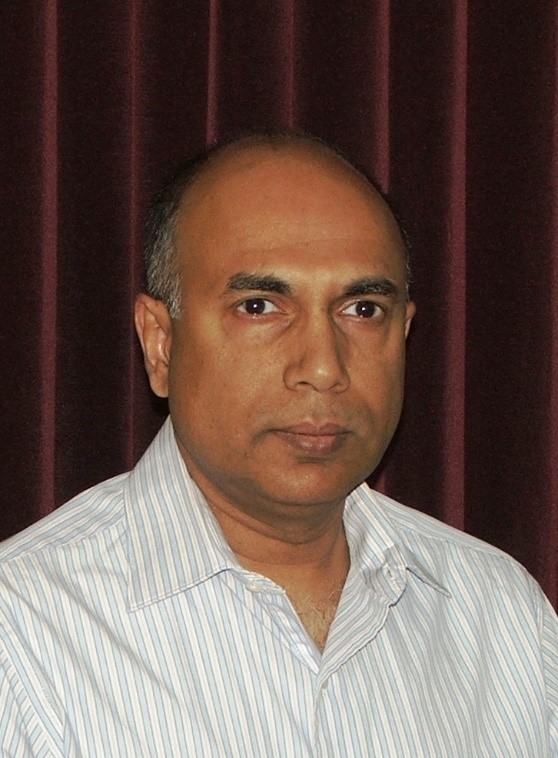 |
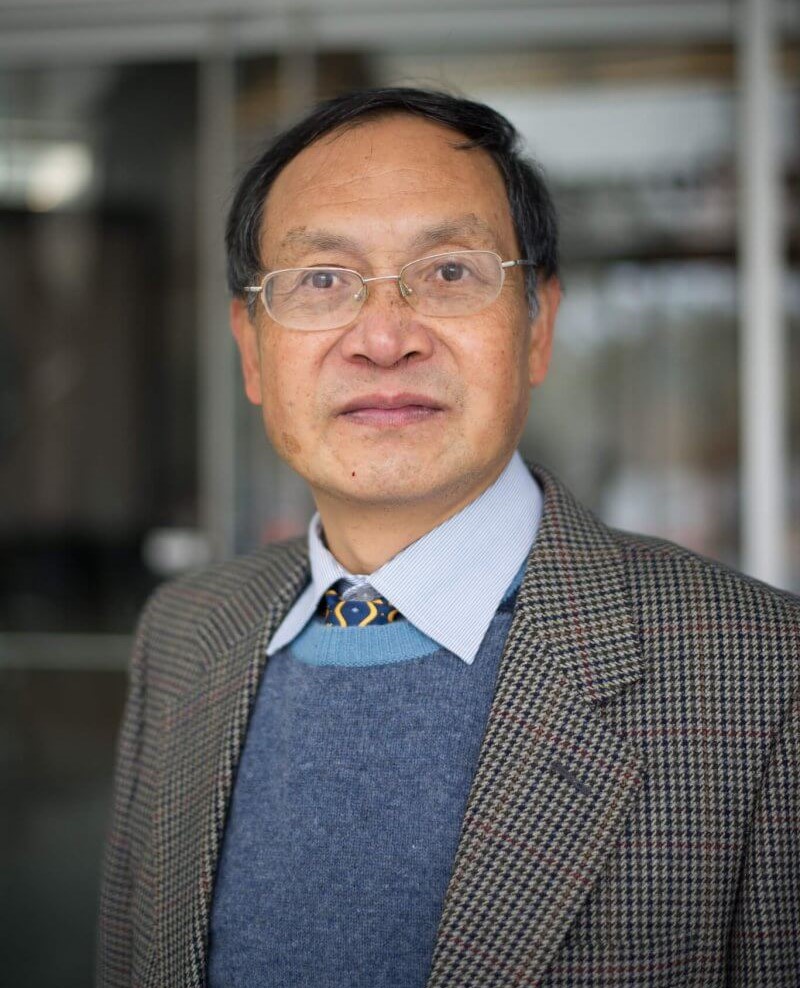 |
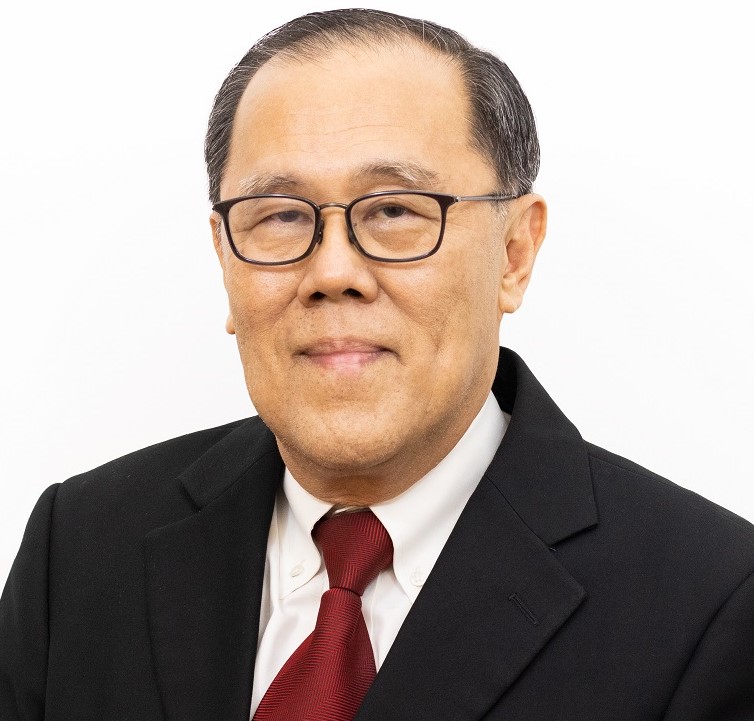 |
Prof. Joydeep Mitra, |
Prof. Junye Wang, |
Prof. Gooi-Hoay-Beng, |
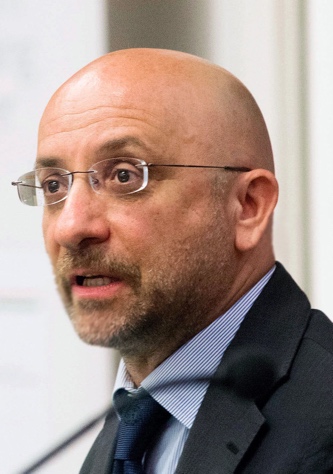 |
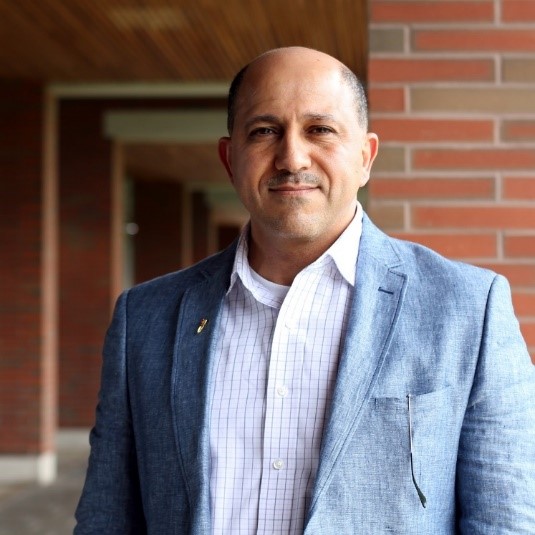 |
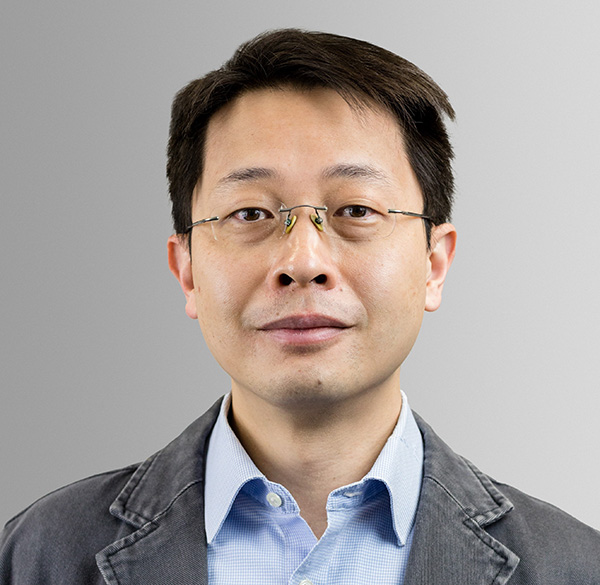 |
Prof. Carlo Alberto Nucci, |
Prof. Hossam A. Gabbar |
Prof. Philip Pong, |
 |
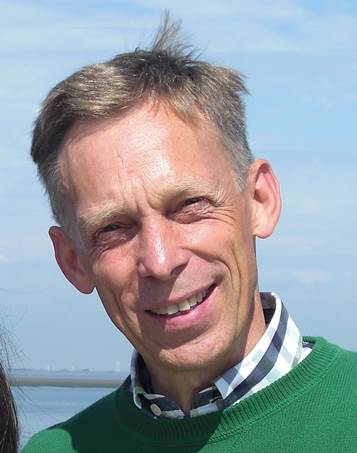 |
 |
Prof. Hazlie Mokhlis |
Prof. Reiner Johannes Schütt |
Assoc. Prof. Qobad Shafiee |